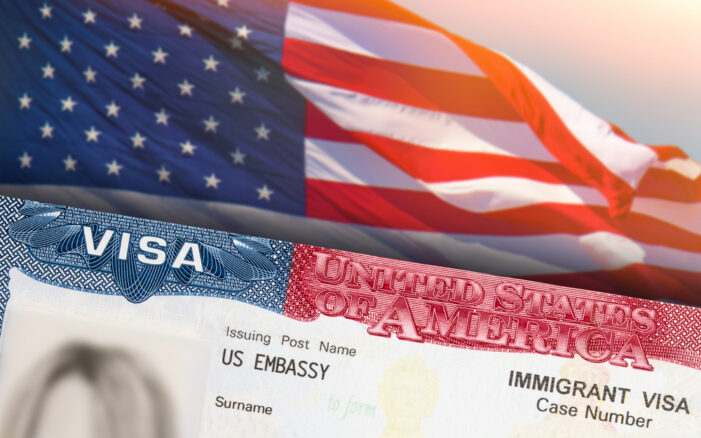By JR Holguin
There is a significant need for high-quality international cooks in the United States, and the hospitality industry, which includes ethnic restaurants and other private companies, has a continual need for talented international chefs.
For most, sponsorship of foreign cooks for work in the United States can require time and effort. Under U.S. immigration restrictions, skilled foreign chefs have limited alternatives for the help of any professional sector.
Immigrants work in nearly one-third of the major occupations in the restaurant and food service industry, including roughly one-third of chefs and cooks, one-fifth of food service managers and food preparation workers, one-fifth of fast food and counter workers, and one-sixth of cashiers and delivery workers.
One reason it’s challenging to sponsor a foreign chef is because the U.S. Immigration Service compares gourmet cooking to working in fast food restaurants. Immigration permits are available to cover positions not rapidly filled by U.S. workers. In theory, because many people in the United States can “cook,” the labor of practically any chef could theoretically be done by many available U.S. workers.
The Department of Labor (DOL) publications distinguish between cook and chef positions. Chefs generally have more administrative duties than cooks, primarily responsible for food preparation.
Despite the challenges, a few visas are available for cooks and chefs.
E-2 permits may be awarded to chefs holding managerial or specialist roles so they can work for a qualifying E-2 firm. For instance, a large Caribbean restaurant chain like Bahama Breeze may use E-2 visas to hire various Caribbean chefs. A small E-2-qualified restaurant can also justify hiring a chef in a supervisory or specialized role. Chefs who open their restaurants are eligible for E-2 status as significant investors.
USCIS did not grant H-1B visas to chefs in the past since they were not regarded as professionals or specialists. However, the record indicates that chefs working for upscale hotels and restaurants can be given H-1B visas. Instead of working in front of a stove, the foreign national typically must perform management-related tasks most of the time. It is frequently necessary to present expert testimony from an expert to demonstrate that the role is sufficiently demanding to necessitate a culinary arts degree.
With H-2B visas, chefs may be eligible for temporary employment during a busy season. For instance, the job is with a ski resort for the wintertime. The employer will not be permitted to sponsor the foreign national for a permanent labor certification for that employment once it has established that the work is temporary or seasonal.
A J-1 visa is available for a young cook seeking exposure to how a restaurant operates in the U.S. for up to 18 months. Numerous organizations with J-1 programs are authorized explicitly for culinary arts training.
Despite the need for immigrants from all trades in this country, policymakers make it challenging yearly. It is strategic for chefs and cooks who want to immigrate to the United States to hire an immigration lawyer to help with the complicated process.

